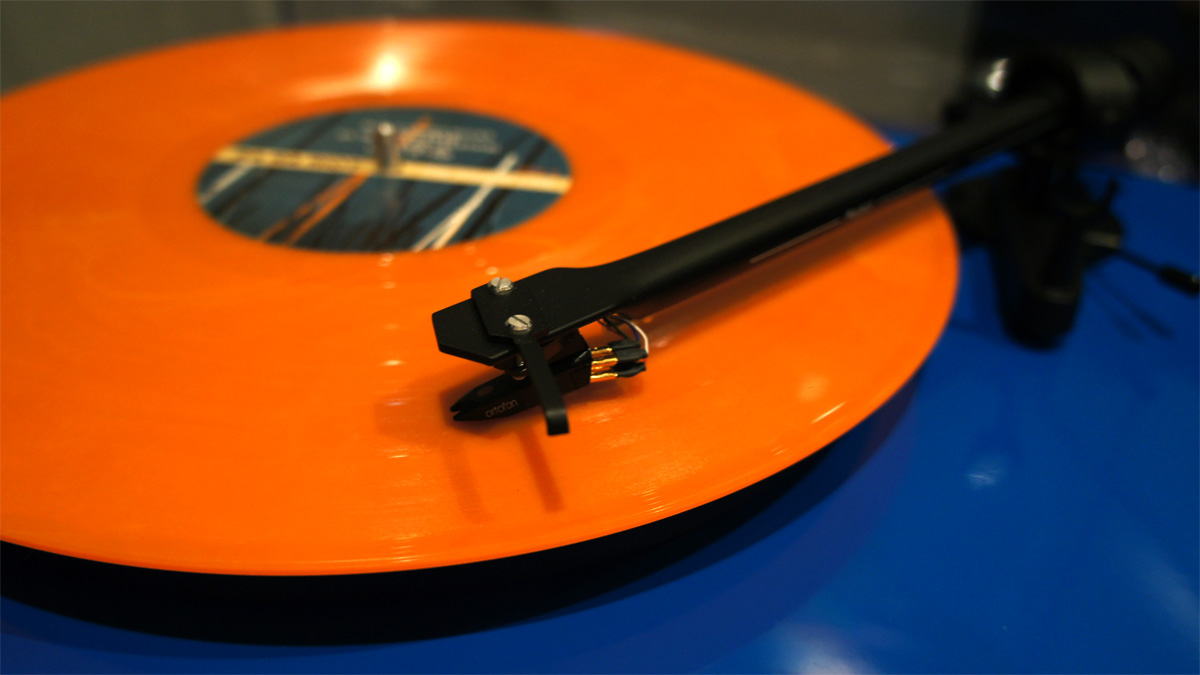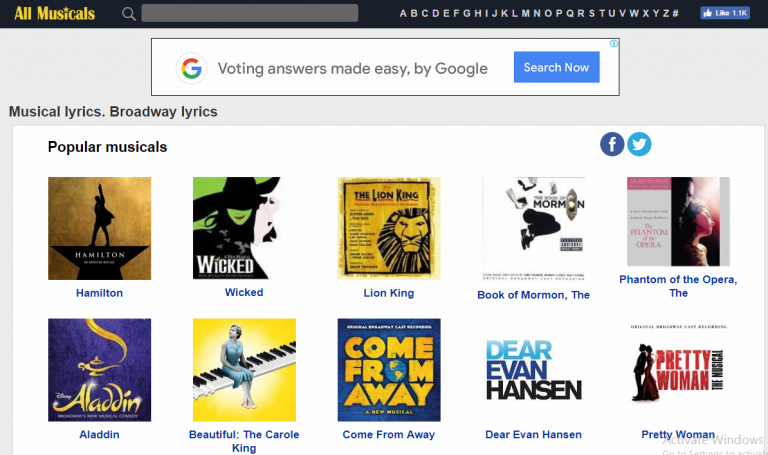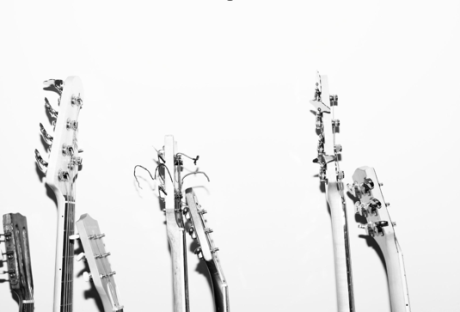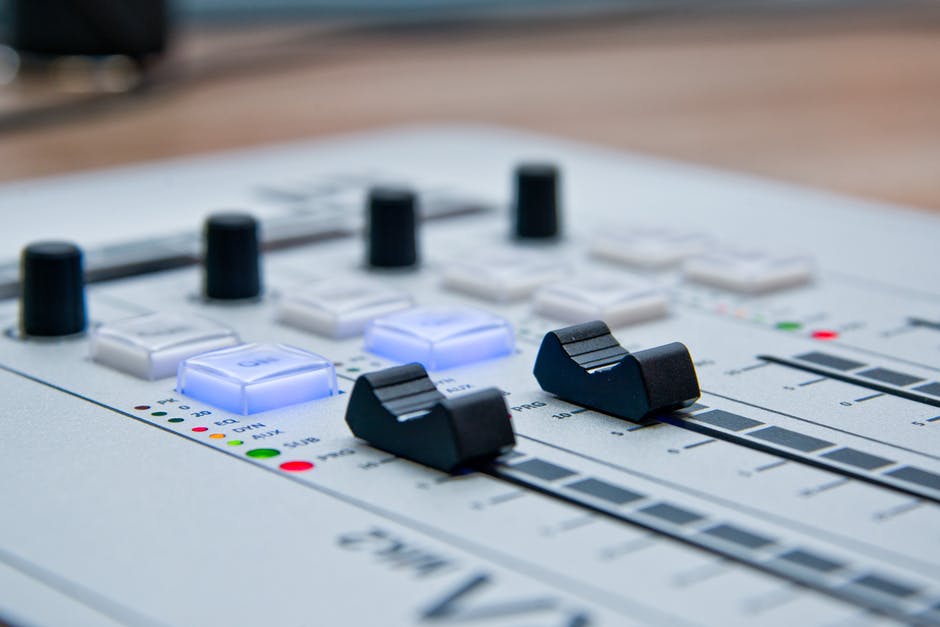Are you someone who frequently finds themselves singing along to the radio? Do you play an instrument but you’ve always wanted to add singing to your list of musical skills? Have you always wanted to start a band and perform live?
Has that ever inspired you to make music yourself? Have you ever found yourself wanting to learn how to sing, but don’t know where to start?
Sure, it’s important to be able to take lessons and improve your craft, but in music, meeting people is half the struggle. Being able to find a place where you can not only learn how to be a better vocalist but also meet and collaborate with other singers and musicians who are also learning is the real first step, especially when there are so many different music schools with different advantages and disadvantages.
However, there is hope: in this article, we’re going to be sharing with you 4 tips to help you find the best voice lessons so you don’t have to spend your valuable time navigating the market.
So, without further ado, here are our tips:
#1. Find a School that Fits Your Style:
Whether you’re trying to find lessons in rock or pop or folk/indie, it’s important to find a school that will cater to your interests. After all, you don’t want to be taking lessons with someone who doesn’t understand the type of music you want to play! Thankfully, many schools will list the genres their instructors teach and how much experience those instructors bring to the table. Learn more at Singers Edge — a school that prides itself on its staff of over 40 university-trained instructors, all focused on different areas of specialty.
#2. Finding a Certificate Program:
Being able to sing well is one thing, but having the credentials for people to know you’re a good singer before they even hear you are also incredibly beneficial. Finding a school that gives you access to a certificate program can be a great way to get your credentials.
#3. Affordable Group Classes:
One of the best reasons to go attend a music school is to meet other people who are also learning, but regardless of whether you’re taking lessons in rock or pop or folk/indie, some schools charge you extra for group lessons. This can be counterproductive and sometimes just too expensive, so finding a school that doesn’t charge you to the network is key.
#4. Find A Payment Plan Right for You:
Finding a music school with a flexible payment plan is also essential. If you needed to tour, for example, you don’t want to be locked into a contract for lessons you’re not actually taking. Being able to seize the opportunity as it happens is the best way to be a musician and the best music schools will understand this.
If you’re somebody who is looking to find the right school to fit your style and schedule, while also offering you the opportunity to meet other enthusiastic vocalists, Singer’s Edge might just be the place for you. Located in a capital city with many great venues this school allows you to meet other singers and musicians who are also learning while being able to take group lessons for free! There are also no locked in terms of contracts, allowing you to pay on a month-to-month basis.
Follow these four tips, and you’ll be well on your way to becoming a better vocalist, while also collaborating with other musicians — all with the right set of instructors helping you along.
Read Also:






















